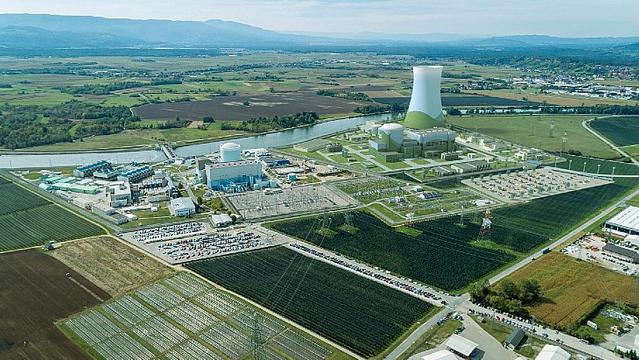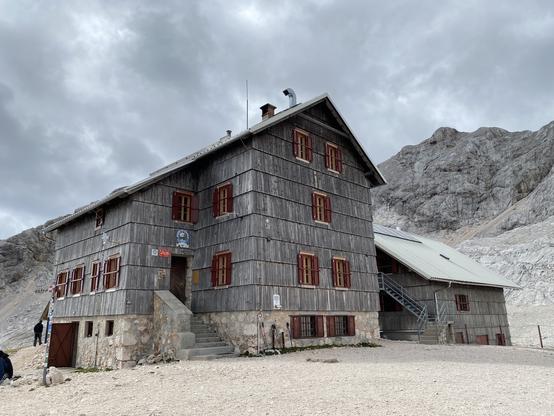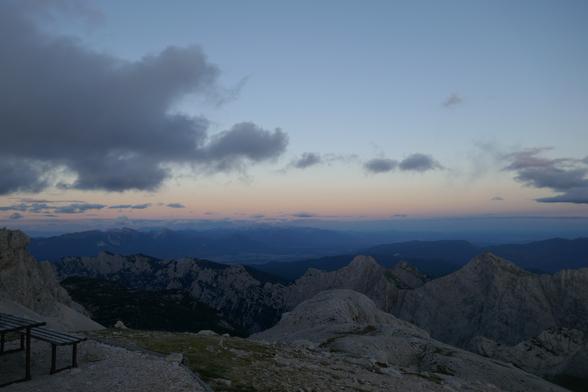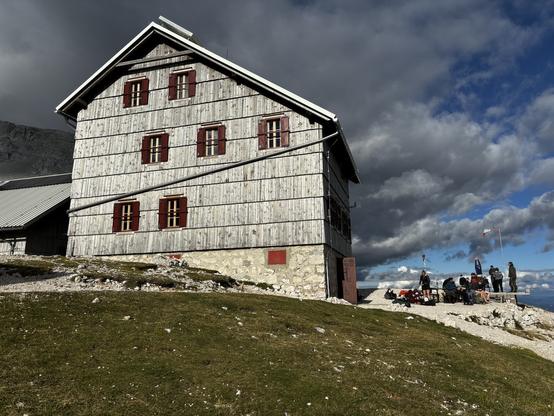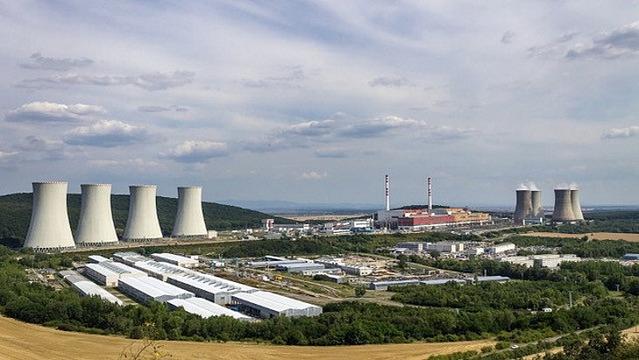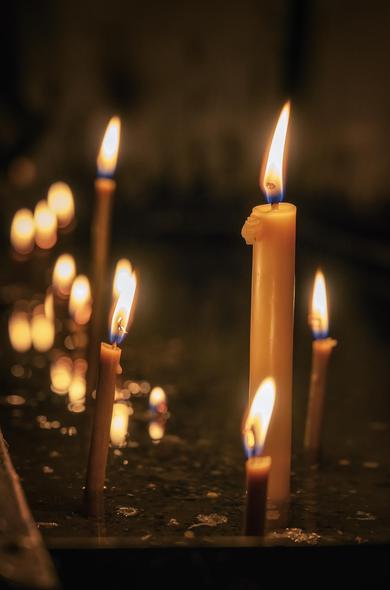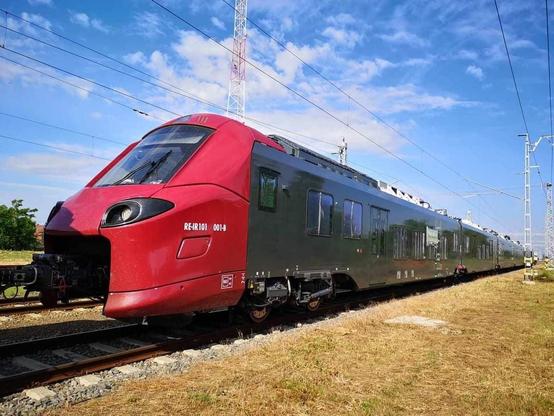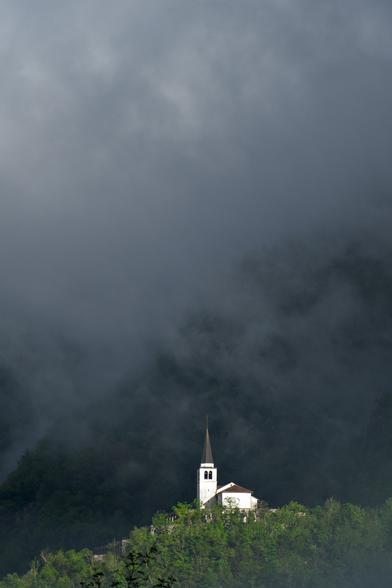"Site analysis reports, flood studies and seismic safety studies - as well as technical feasibility studies by potential technology providers Westinghouse and EDF - are being carried out for the JEK2 project for new capacity at the existing Krško nuclear power plant in Slovenia.
In the latest update on the project to the municipal council, GEN energija's Chief Operating Officer Bruno Glaser set out the status of the studies and said that the main focus was on the siting of the new nuclear facility.
Nuclear operator Gen energija submitted its proposal for the preparation of the national spatial plan for the new capacity to the Environment, Climate and Energy Ministry in October with the company hoping that a decision will be taken by the end of the year to adopt the preparation of the national spatial plan.
This will be followed by the preparation of an environmental report as part of the environmental impact assessment and a cross-border environmental impact assessment. Meanwhile, introductory meetings were held with EDF representatives in mid-February and with Westinghouse representatives in early March, at which they "got acquainted with the location of the planned new nuclear power plant by viewing it from the roof of the GEN office building and the high-water embankments along the Sava River".
The JEK2 project team says that EDF and Westinghouse will complete their studies "in the third quarter of this year".
The background
Slovenia's JEK2 project is for a new one or two-unit nuclear power plant, with up to 2400 MW capacity, next to Krško NPP which has a 696 MWe pressurised water reactor generating about one-third of the country's electricity. Krško is owned and operated by Nuklearna Elektrarna Krško, which is jointly owned by Croatia's Hrvatska elektroprivreda (HEP Group) and Slovenia's GEN Energija.
The JEK2 project team, following discussions with potential nuclear power plant providers EDF, Korea Hydro & Nuclear Power (KHNP) and Westinghouse, in May last year, estimated the cost for various reactor sizes, ranging from EUR9.314 billion (USD10.1 billion) for a 1000 MW unit, up to EUR15.371 billion for a 1650 MW unit. KHNP withdrew from the process in January, with GEN saying the decision was "based on an assessment of the current business environment and a change in their strategic business priorities".
Slovenia had been due to hold a referendum on new nuclear in November, but that was called off amid a political row over how it was being conducted. Prime Minister Robert Golob said he remained committed to holding a referendum before a final investment decision is taken - which is currently due to be in 2028."
